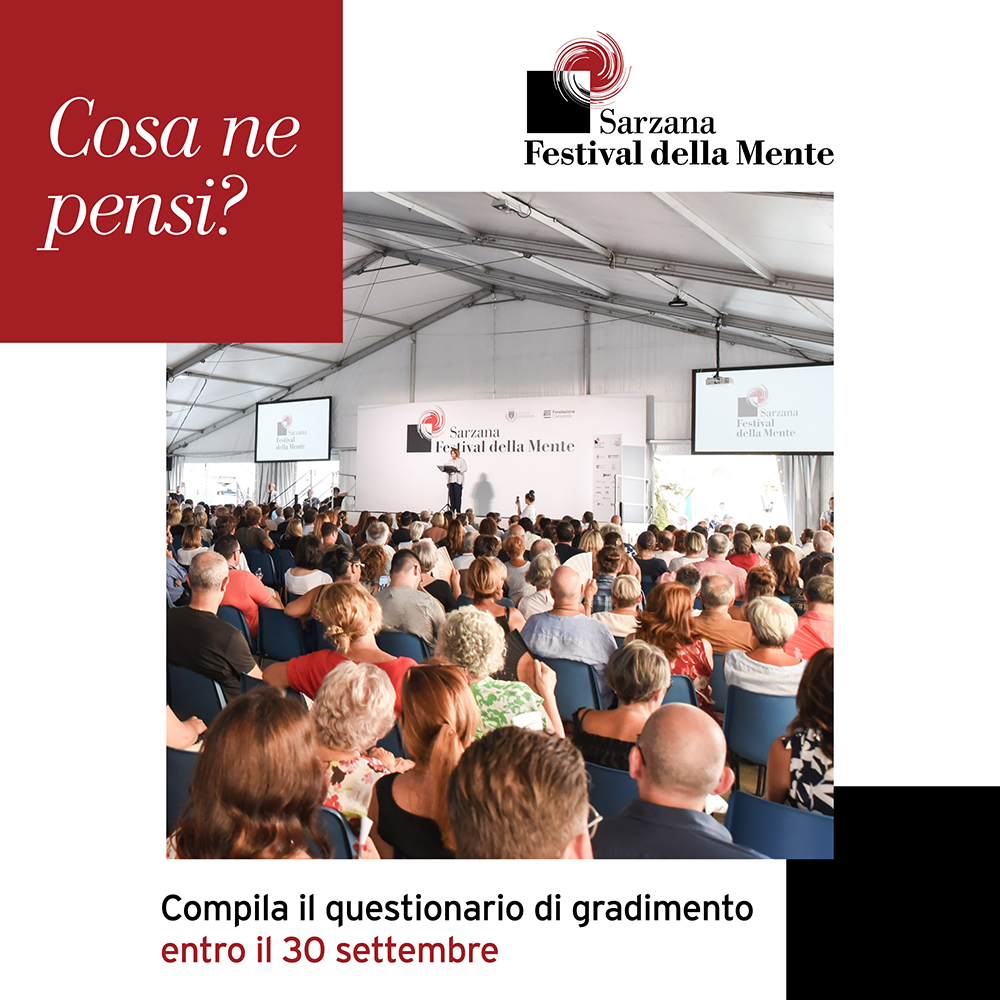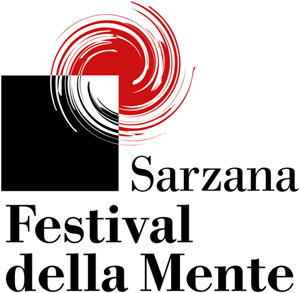2013 Programme
EVENT #1
Guido Rossi
Ideas and their responsibility in good and evil
In the history of mankind, and in recent history more than ever, the responsibility for positive or negative, happy or tragic events in the life of persons and communities rests with ideas. Paradoxically, good and evil are caused by ideas themselves, rather than by the pursuit of vested interests that masks them in politics, in the economy and in the vast realm of social organizations. One need only consider the idea of freedom, the propelling force of man's dignity in communal life, to see how its application was shifted to neo-liberalism to cause the severe economic and social crisis underway. Or one could consider the idea of equality and see how it has been used by totalitarian regimes to create unbearable inequality. Other ideas, such as the market, austerity, transparency, as well as certain ideas that our incredible technological development tends to make seemingly sound from a scientific standpoint – but are really ambiguous and unstable though based upon algorithms, on mathematics or even on physics – now appear as a dangerous source of instability. Ideas often breed fear only to justify a state of emergency that threatens the foundations of democracy. For all these reasons, ideas should be scrutinized through the lens of non-ontological, consequentialist ethics, so that their validity and acceptability is determined on the basis of their potential consequences in the globalized world. And such consequences can be accurately assessed by insisting on internationalizing fundamental human rights without which societies could not survive. Today, even the 18th century historian G.B. Vico would recognize in those rights the common sense inherent in the faculty of ingenium, which is proper to all mankind and to its natural inclination to justice.
https://www.festivaldellamente.it/it/live-streaming-alessandro-barbero/is an Italian jurist. He has taught at the universities of Trieste, Venice, Pavia and Milan. He has been president of the National Prevention and Social Defense Center and of the U.N. International Scientific and Professional Advisory Council. He was president of CONSOB (Italy's Securities and Exchange Commission) from 1981 to 1982, and he was a Senator in the 10th legislature. He was a member of the EU Commission's Group of High Level Company Law Experts in 2001. An opinionist for Il Sole-24 ore, he has published a number of studies on enterprises, markets, and antitrust legislation, and his books include: Il ratto delle sabine (2000), Il conflitto epidemico (2003), Il gioco delle regole (2006), Il mercato d’azzardo (2008), Possibilità economiche per i nostri nipoti? (with J.M. Keynes, 2009) per Adelphi; Capitalismo opaco (Laterza, 2005); Perché filosofia (Editrice San Raffaele, 2008); I comandamenti. Non rubare (with P. Prodi, il Mulino, 2010); Quei maniaci chiamati collezionisti (with P.L. Pizzi, Archinto, 2010).
EVENT #18
Stefano Bartezzaghi, Massimo Recalcati
To inherit or to be creative? Art in the time of disoriented generations






















